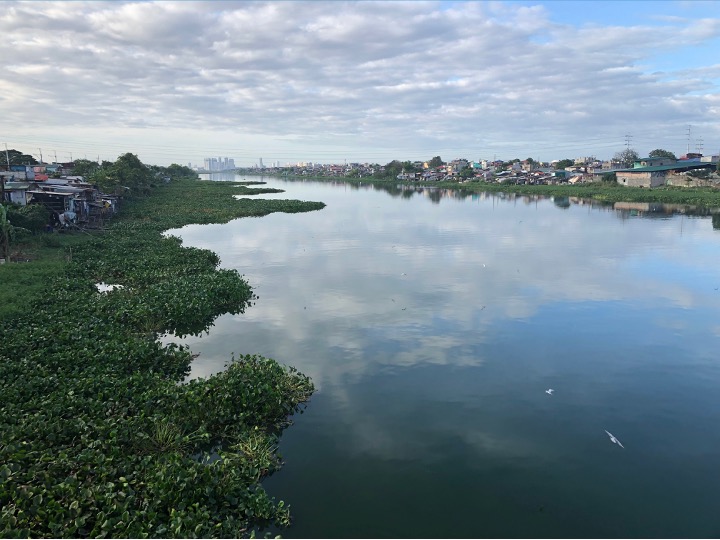Event

Speaker: Sam Geldin || PhD Candidate, University of Pennsylvania, Dept. of City and Regional Planning
Discussant: Karina French || Climate Resilience Fellow at the Wharton Risk Management Center
Please write to URBS@upenn.edu for the Zoom link to join!
As urban areas face a notable rise in flood-related casualties and economic losses due to climate change, academics and practitioners increasingly advocate applying the strategy of managed retreat. In the Global North, retreat programs typically involve the relocation of structures to areas of lower flood risk, often through buyouts, land use and zoning changes, as well as design-based techniques. However, in the Global South, national governments, development banks, and other knowledge brokers overwhelmingly employ retreat to relocate people to ostensibly lower-risk areas, which disproportionately affect informal settlers lacking legal land tenure. Over the last three decades, these relocation efforts targeted at least 1.3 million residents worldwide, often employing coercive tactics through eviction and demolition, deprioritizing economic security, offering inadequate safeguards for resettlement, and in fact heightening the flood risks borne by the most vulnerable groups. My study therefore investigates why governments in the Global South – particularly the Philippines – favor the relocation approach to retreat, rather than a floodproof design approach.
To uncover the dominant beliefs and practices of actors involved in key state-supported relocation and community upgrade programs in the Philippines, I employ text analysis and nearly two dozen virtual semi-structured interviews. Using official flood and housing project documents, public maps, and media reports, I evaluate and compare outcomes of more than 30 upgrade and resettlement project sites in Metro Manila, examining considerations and challenges for both upgrading and relocating informal settlers. Informants with knowledge of particular sites, selected through snowball sample, include: state and local planners, contracted consultants, public and private engineers and architects, community organizations, homeowner associations, and project financiers.
At its core, my study’s results suggest that the state systematically favors relocation due to a lack of clear and consistent operational definitions of public safety. Land availability, technical capacity, moneyed interests, patronage politics, “expert” tools and protocols, as well as a lack of demonstrated technical feasibility, state guidance, and funds for flood-resilient upgrade projects converge to enable mass relocations in the name of public safety. Instead, national and local programs that traditionally maintain a social safety net could incorporate both climate considerations and diverse conceptions of safety into cash transfer incentives, housing and infrastructure public work projects, and participatory building standard codes. Rather than approaching retreat as an exercise for relocating people, urban scholars and stakeholders throughout the Global South should fully consider alternatives when feasible, such as incorporating land use and design considerations, to ensure that residents can stay in place as safely as possible before they plan to make future mobility decisions.
